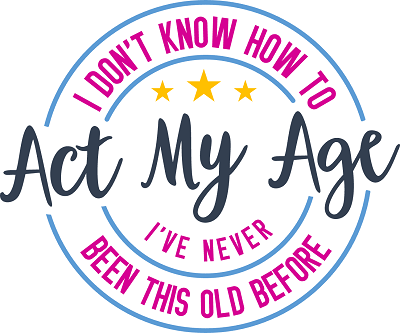leila
 Making new friends seems to come easily for children. As you grow older, however, it may seem to be more difficult. The following are tips on how to make friends when you are older.
Making new friends seems to come easily for children. As you grow older, however, it may seem to be more difficult. The following are tips on how to make friends when you are older.
It may help to know you’re not alone. It’s not unusual for older people to have friends and then lose them over time. Sometimes the losses are due to growing apart and other times it’s due to death.
No matter what the case, everyone needs friends – including those who are older.
A wise person once said, “To have a friend you have to be a friend.” Be friendly with those you come in contact with. Smile and make small talk. If you’re friendly with others they will be friendlier with you as well.
If you’re interested in making new friends, you’ll want to be available. This could mean going to places where people are or spending time online. Continue reading
 We can all use a metabolism boost once in a while. Sometimes we just feel sluggish or heavy and other times we’re ready to embark on a fitness routine and need a little “oomph” to get us going. Whatever the situation, these tips will help you kick-start your metabolism into its optimum point.
We can all use a metabolism boost once in a while. Sometimes we just feel sluggish or heavy and other times we’re ready to embark on a fitness routine and need a little “oomph” to get us going. Whatever the situation, these tips will help you kick-start your metabolism into its optimum point.
1 – Eat little and often. When we eat overly large meals we slow our system down. This is because our digestive system is working overtime to digest all the extra food. Once your system is finished doing all that hard work, it simply wants to slow down and rest.
It makes perfect sense then, that by eating small meals regularly throughout the day, you keep your system running at its optimum. Your body is better able to quickly and easily digest the smaller amount of food andwill be ready to get to work once you eat again. Continue reading
 The human body can last weeks without food, but only days without water. The body is made up of approximately 55 to 75 per cent water. Water forms the basis of blood, digestive juices, urine and perspiration and is contained in lean muscle, fat and bones.
The human body can last weeks without food, but only days without water. The body is made up of approximately 55 to 75 per cent water. Water forms the basis of blood, digestive juices, urine and perspiration and is contained in lean muscle, fat and bones.
As the body can’t store water, we need fresh supplies every day to make up for losses from lungs, skin, urine and feces.
Water is needed to maintain the health and integrity of every cell in the body, keep the bloodstream liquid enough to flow through blood vessels, help eliminate the by products of the body’s metabolism, helps to flush out toxins, regulate body temperature through sweating, lubricate and cushion joints and carry nutrients and oxygen to the body’s cells, just to name a few.
Drinking refreshing, clean water plays a major role in reducing the risk of certain diseases. Continue reading


